History
Cowlairs History Timeline
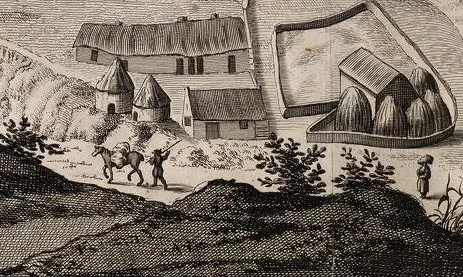
From the middle ages to the 1800s, it is likely that Cowlairs was agricultural land, farmed communally by people living in small townships. A map from the 1700s shows local areas such as Possil, Cowlairs, Ruchill and Lambhill as separate farming townships surrounded by fields.
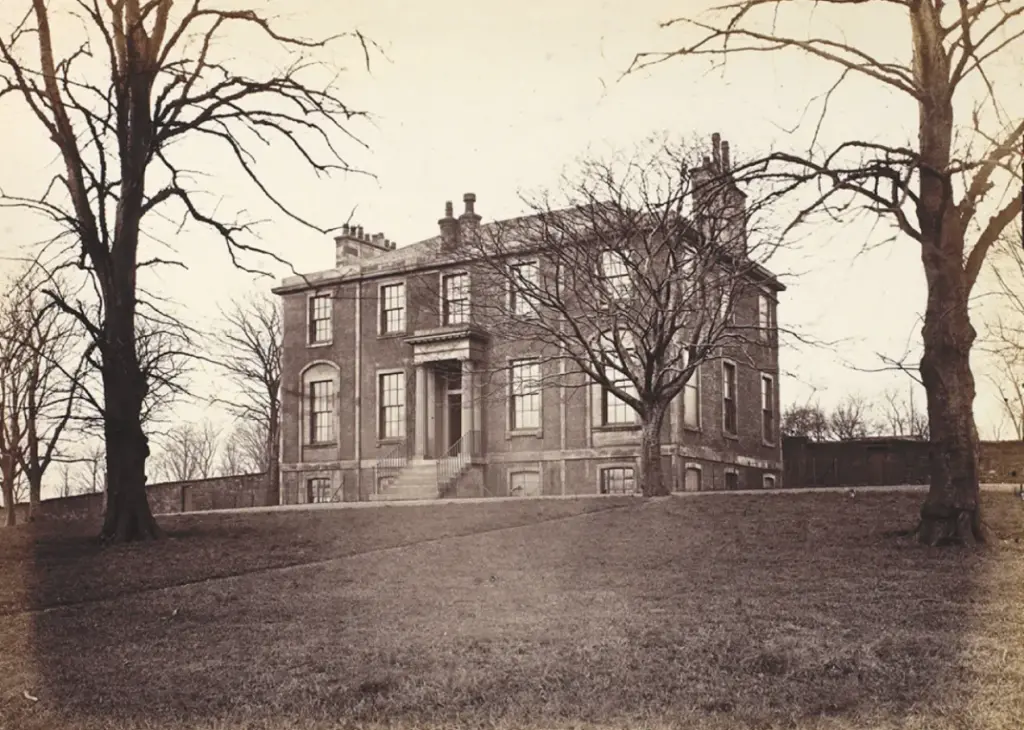
Between the mid 1700s and the mid 1800s, the lands around Cowlairs passed through the hands of several wealthy Glasgow merchants, and a mansion, Cowlairs House, was built there in the early 1800s.

When the Edinburgh & Glasgow Railway opened in 1842, it ran through the Cowlairs estate and the company built its engineering works there. The North British Railway Co bought it over in 1865, and Cowlairs grew into the largest railway works in Scotland.
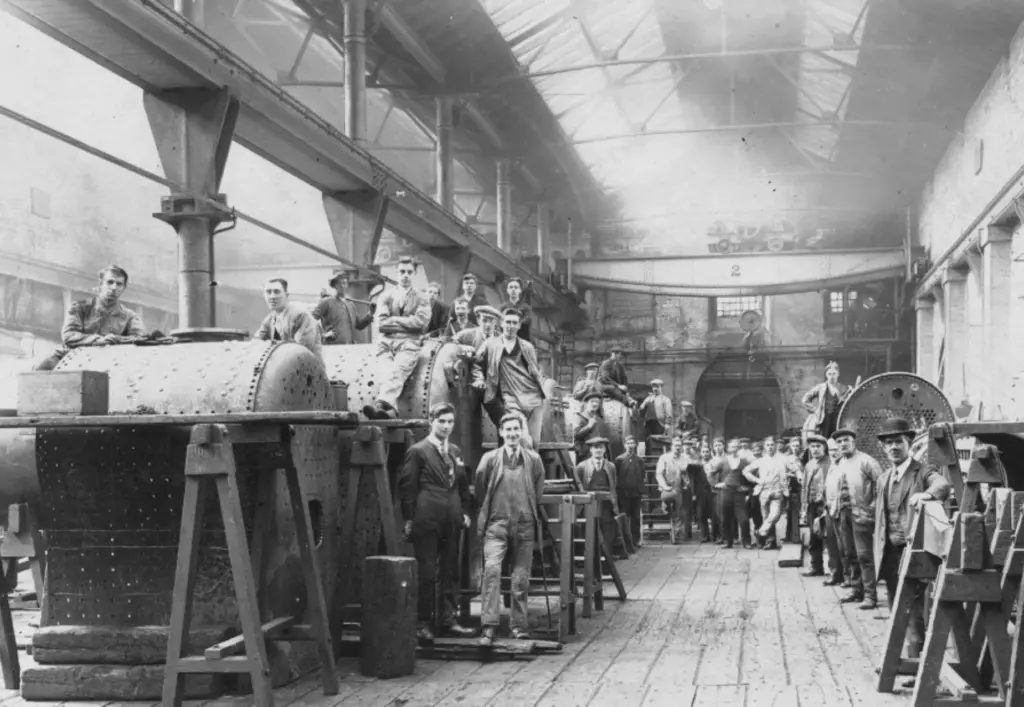
Many local people had jobs in the railway works. It specialised in steam trains and even supplied components for steam boats. It remained a steam engine works until it closed in 1969.
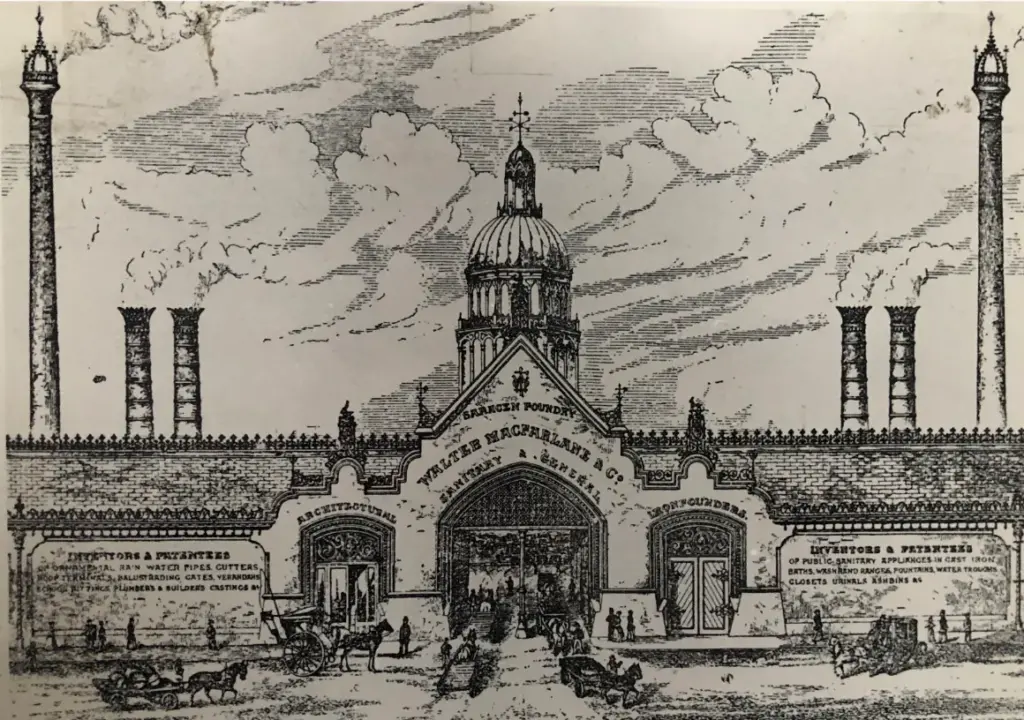
Saracen foundry was built nearby at Hawthorn Street in 1872. Other iron-works also flourished in the area. Saracen manufactured elaborate wrought iron which was used in buildings around the world. However, as time went on, there was less and less demand for this kind of iron work, and the foundry closed in the 1960s
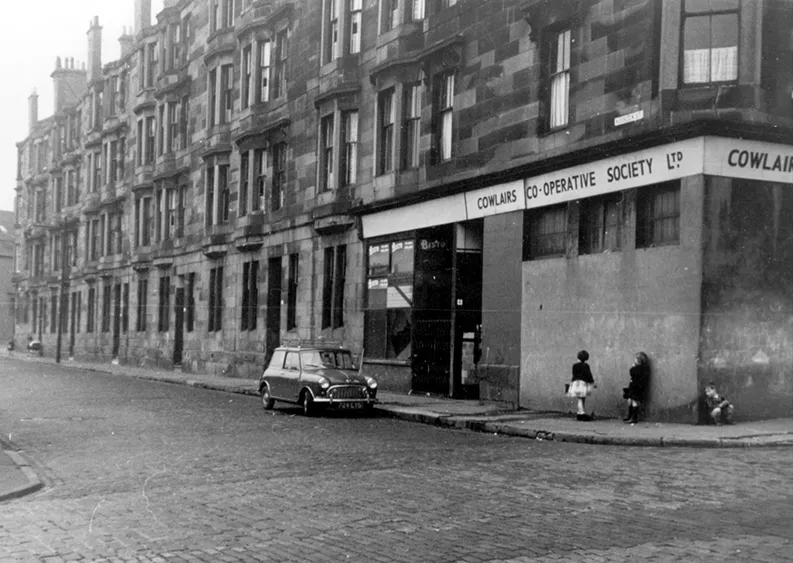
Many people lived in the tenements in Cowlairs. It was a strong community, and people formed lifelong friendships. There were football pitches and bowling greens on Cowlairs park, a school, shops, churches and other social amenities nearby.
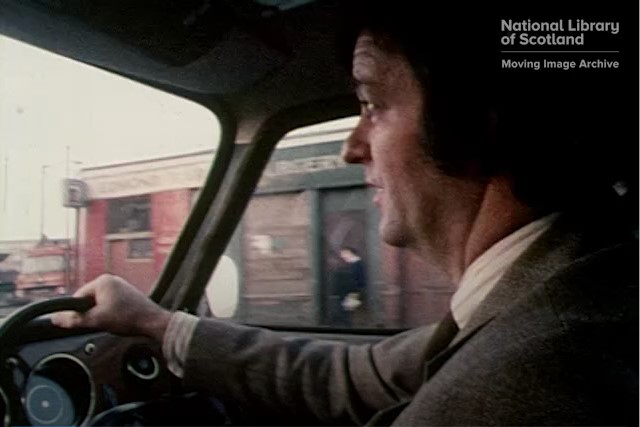
There is a fantastic archive film of Cowlairs made in 1975 on the
Scotland Moving Image website.
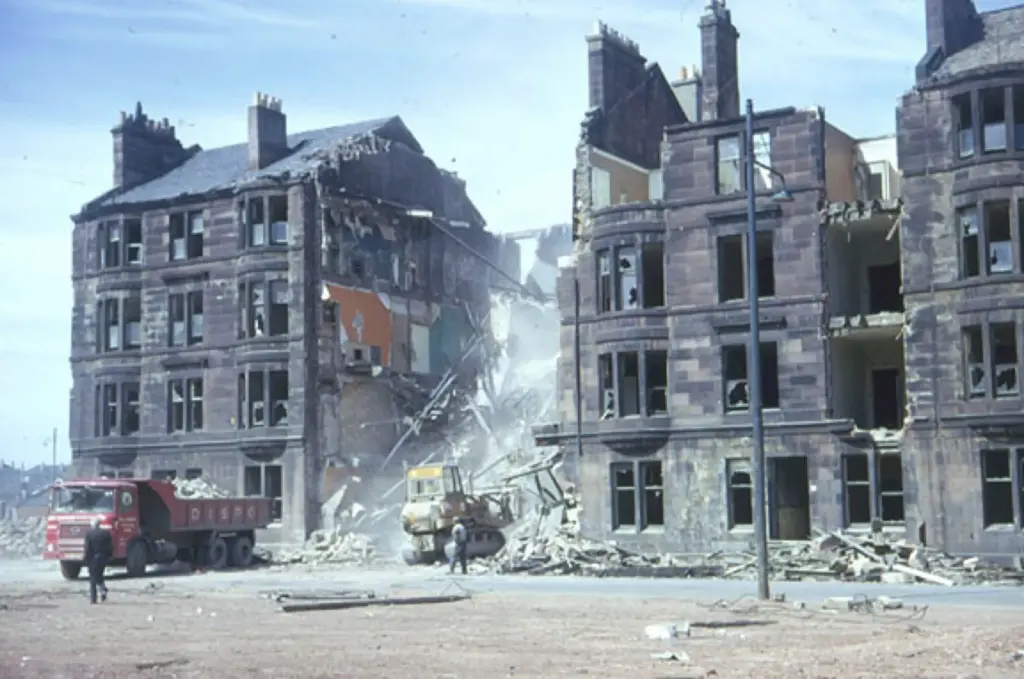
Between the 1970s and 1990s the old housing in Cowlairs was demolished. Many people were rehoused elsewhere and lost the larger community that had supported them.
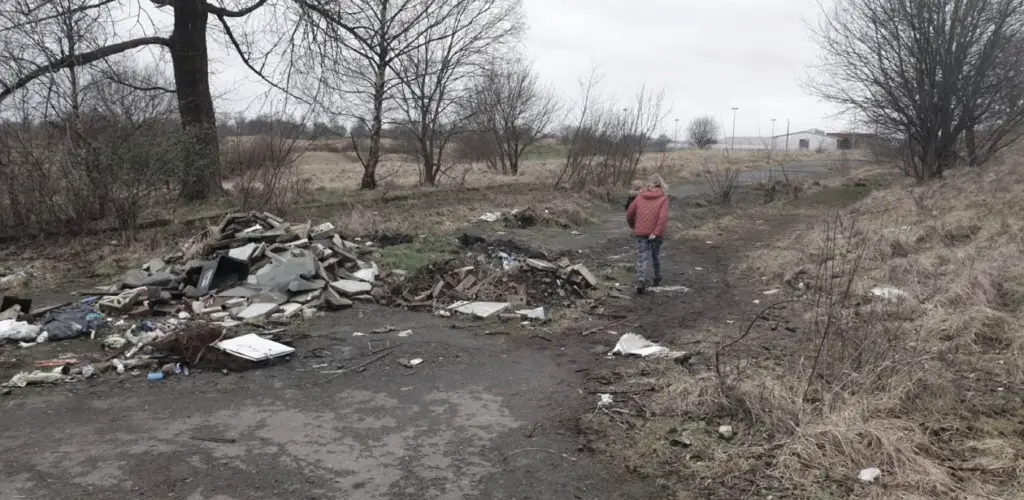
Over the following years, fly-tipping piled up and paths fell into disrepair. Cowlairs became a place where it was not safe for children to walk to school.
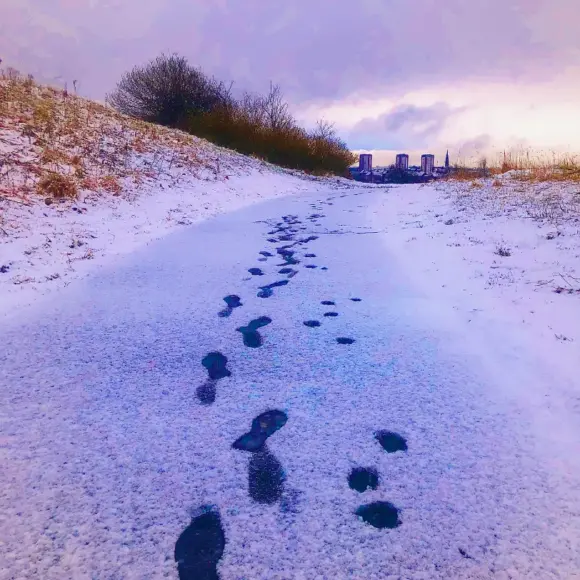
Over the last few years, local residents mounted a successful campaign to get paths in Cowlairs upgraded, and security cameras installed. Local children now have safer, cleaner and more accessible routes to school. There are still issues with flytipping, but people can enjoy walking and wheeling through through Cowlairs again. Since 2021, residents have been working with Saffy & Margaret on the Sharing Cowlairs project.

